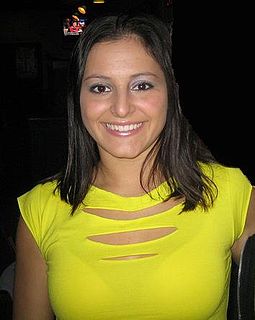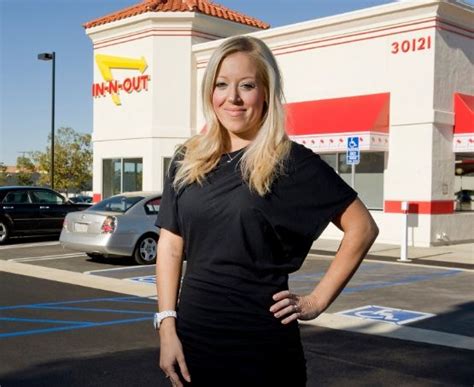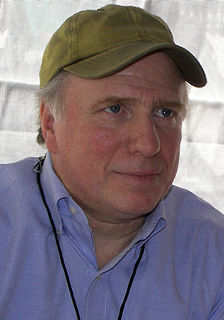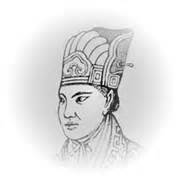A Quote by Stanley A. McChrystal
Christmases with Polish and Romanian troops, including religious ceremonies in crude bunkers and huts, were deeply spiritual experiences.
Related Quotes
The religious stories, the religious truths, the spiritual principles - obviously, they don't change. But as you get older and you experience more, you recognize the applicability, the profundity, and the fundamental truths of spiritual principles in ways that you couldn't when you simply were living a less dimensional life.
The spiritual differs from the religious in being able to endure isolation. The rank of a spiritual person is proportionate to his strength for enduring isolation, whereas we religious people are constantly in need of 'the others,' the herd. We religious folks die, or despair, if we are not reassured by being in the assembly, of the same opinion as the congregation, and so on. But the Christianity of the New Testament is precisely related to the isolation of the spiritual man.
I believe that God is the source of all the universal, timeless principles. And to Him, I give all the credit and the glory. However, to a person who is not religious, I believe they can live to the highest level of their conscience and develop spiritual intelligence that surpasses most people, including many religious people, who profess but do not practice.




































